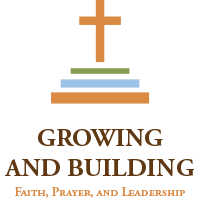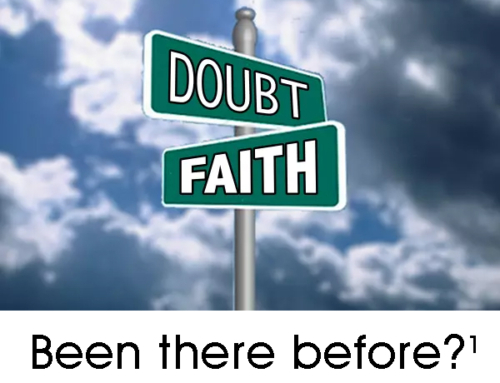If it wasn’t for people . . . we wouldn’t need governance.
We’ve explored many different facets of exercising leadership, now I’d like to explore another leadership area, governance. The governance of an organization is a critical part of leadership; usually a shared responsibility between the CEO or Executive Director and members of the board. Corporations have a board, many closely held businesses have a board, churches and universities may have trustees, and nearly all non-profit organizations have a board. You the “leader” have no doubt been part of a board. My board experience has been with Officers’ Christian Fellowship, an energy company, and our own family foundation.
There are many fine books and tutorials on boards and how they should function, but let’s recap a few important points. First, the “buck” stops with the corporate board which means the board is held accountable for the results of an organization. This can be a confusing point, especially when the chairperson of the board is one and the same as the CEO, President, or Executive Director. The person responsible for day-to-day organizational execution has a great responsibility, but the corporate board has ultimate accountability.
Like it or not, if you are a board member, you assume shared responsibility for the organization, which means that you need to understand enough about the operations to determine whether the organization is fulfilling its mission and purpose and maintaining the agreed upon organizational priorities. In summary, the board is the highest leadership level of the organization and should assume all the leadership characteristics we have mentioned in previous Blogs.
So, what makes the board the character of the organization? First, the board must understand its position in the organization; that of being a servant. It must serve in a position of humility empowering the organization to achieve success. It also means that the board makes the large decisions that impact the direction and future of the organization; it is like you, the individual “leader” when you take the point when the going gets tough. And, the board establishes the moral climate of the organization.
To whom is the board responsible? Let’s start with the customer. The success of any organization depends upon satisfied customers, without which, there will not be a profit. Customer satisfaction is a requirement for any organization whether business, non-profit or even our military. Without satisfied customers, over the long run, the organization will cease to exist.
The second is those employees (or volunteers) who are the people really accomplishing the work. People deserve fair compensation, respect, safe working conditions, tools to do the job, and reasonable policies and guidance. This is easy to say, but sometimes hard to execute simply because there can be so many outside influences (like government or special interest groups) that put care for employees in conflict with a reasonable profit.
The third is investors. Without investors, no business will succeed. This also implies that the board makes sure the organization’s leadership is taking reasonable risks (without risks there is no gain) and not unrealistically jeopardizing investor financing. Investors risk their finances and they presume that the organization is not gambling with their money but taking reasonable risks that will hopefully yield rewards.
Finally, at least for me, organizations and their boards are accountable to God. That is doing things the right way for the right reason. This subsumes that the temptations for ill-gotten gains and unethical business practices are off the table. If the board is taking this last responsibility seriously, they are probably handling the other three just fine.
Does the U.S. military have a board? Yes, Congress, and guess what, you are our military’s customer. Your taxes pay our active duty forces, reserve forces, and civilians and purchase the equipment our military people need to do their jobs. Therefore, you are not only the customer, but you are also the stockholders. And, you are the ones who hold our military accountable through our military’s board, your Representatives and Senators in Congress. Congress, along with the President is responsible for the overall direction, health, and success of our military forces. We expect our military to be an organization of character that keeps our nation and people free. That defines success. Oh, by the way, who put those people in Congress, you the customer—big responsibility.
Board members are to be the wisdom and counsel of the organization. James 1:5 says, “If any of you lacks wisdom he should ask God . . .” Proverbs 15:22 says, “Plans fail for the lack of counsel, but with many advisors, they succeed.” Boards are an opportunity for you the “board member” to exercise faith and leadership through wise decisions and counsel. Governance is the character of the organization.





